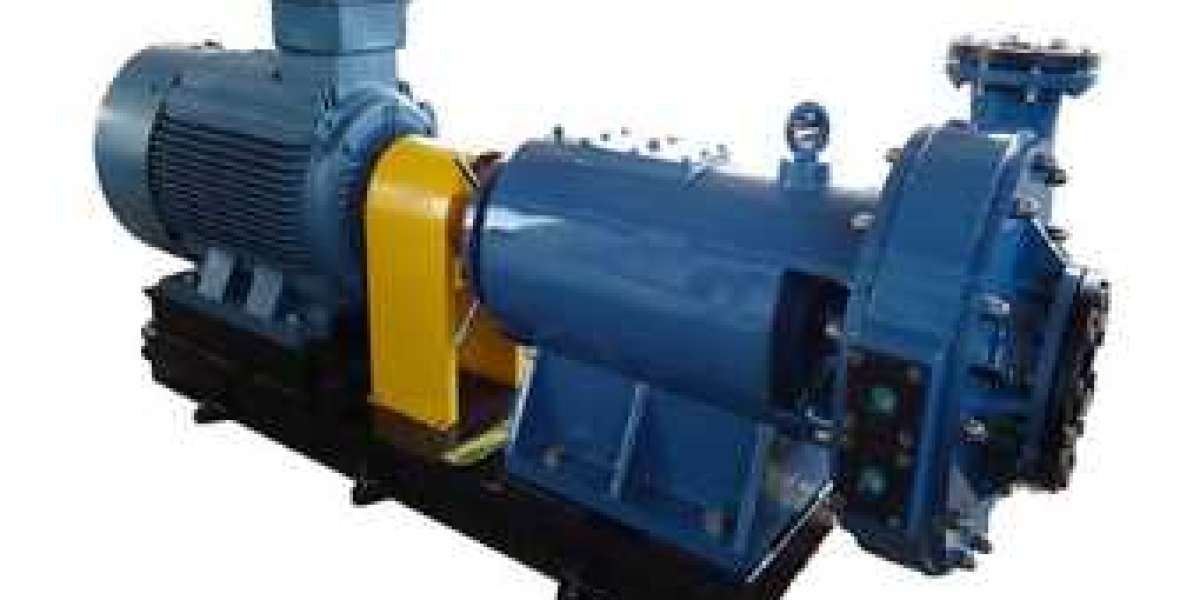The Colloid Mill
The colloid mill consists of stainless steel, semi-stainless steel colloid mill, the basic principle is through the high-speed relative linkage between the fixed teeth and moving teeth. In addition to the motor and some parts, all parts in contact with the material are made of high-strength stainless steel, especially, the key dynamic and static grinding discs are reinforced so that they have good corrosion resistance and wear resistance so that the processed material is pollution-free and pure.
The Unique Advantages Of Colloid Mill
Compared to the pressure homogenizer, the colloid mill is first of all a centrifugal device, which has the advantages of a simple structure, easy maintenance of the equipment, and is suitable for higher viscosity materials as well as for larger particles. Its main disadvantages are also determined by its structure. First of all, because of the centrifugal motion, the flow rate is not constant, and the flow rate varies greatly for different viscous materials. For example, with the same equipment, in the treatment of viscous lacquer materials and thin emulsion fluid, the difference in flow can be more than 10 times; secondly, due to high-speed friction between the rotating stator and the material, it is easy to generate greater heat, so that the material to be treated denaturation; third, the surface is easier to wear, and after wear, the refining effect will be significantly reduced.
The Application Range Of Colloid Mill
1. Food industry: aloe vera, pineapple, sesame, fruit tea, ice cream, moon cake filling, cream, jam, fruit juice, soybean, soybean paste, soybean paste, peanut milk, protein milk, soy milk, dairy products, whey cream, flavor, various beverages, etc.
2. Chemical industry: paints, pigments, dyes, coatings, lubricants, grease, diesel, petroleum catalysts, emulsified asphalt, adhesives, detergents, plastics, glass fiber reinforced plastic, leather, emulsification, etc.
3. Daily-use chemical industry: toothpaste, detergent, shampoo, shoe polish, senior cosmetics, bath essence, soap, balsam, etc.
4. Pharmaceutical industry: various types of syrups, nutritional solutions, Chinese patent medicines, cream pharmaceuticals, biological products, cod liver oil, pollen, royal jelly, vaccines, various ointments, various oral liquids, injections, static dripping solutions, etc.
5. Construction industry: various paints. Including interior and exterior wall coatings, anti-corrosion and waterproof coatings, cold porcelain coatings, colorful coatings, ceramic glazes, etc.
6. Other industries: plastic industry, textile industry, paper industry, coal flotation agent, nano-materials, and other industries of high quality and environmental protection production needs.







